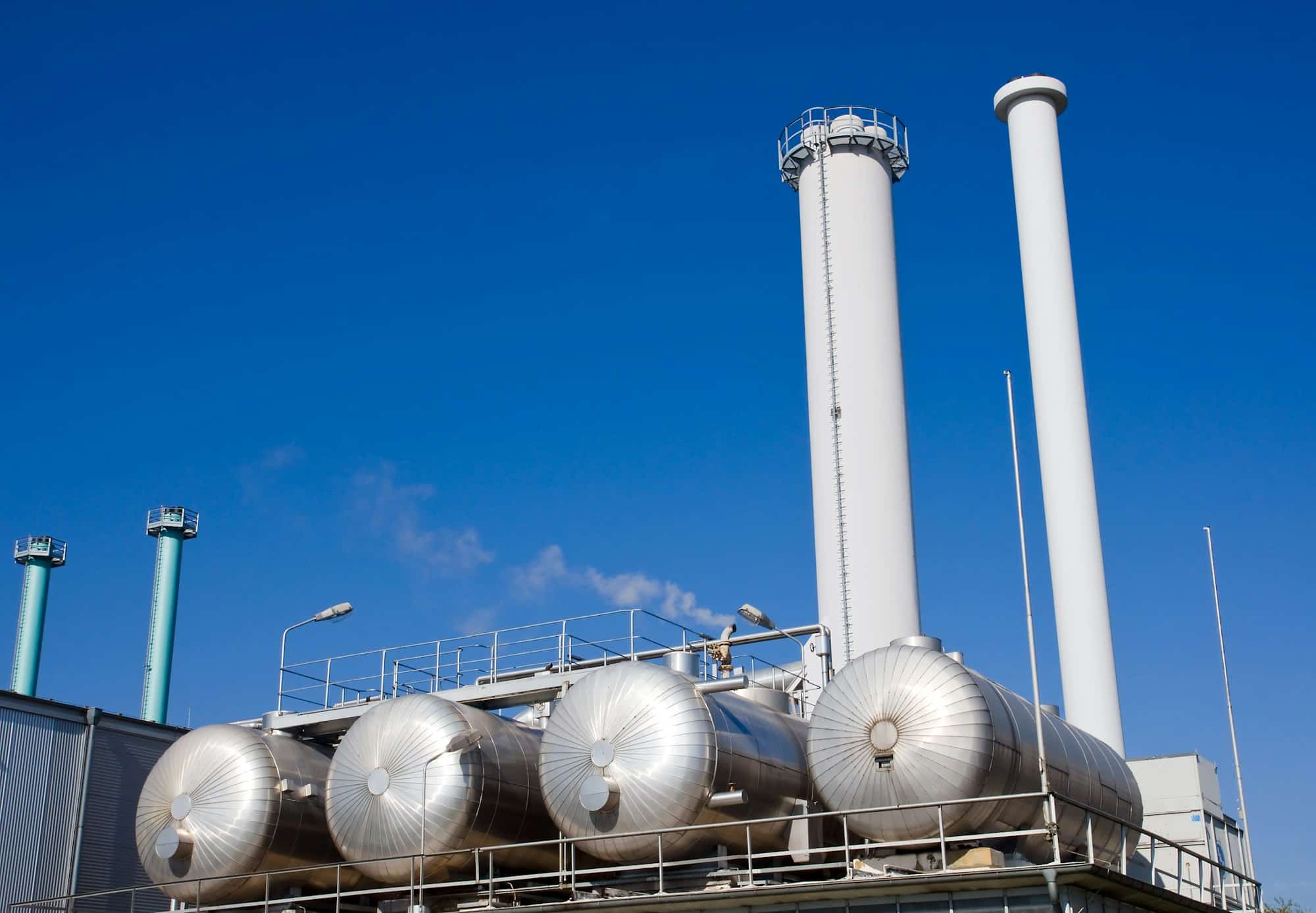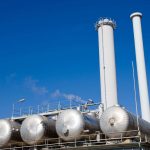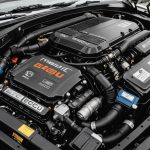Today, there are several varieties of gas available at the pump, each with different levels of octane. As you stand by your vehicle, ready to refuel, you might have wondered about the implications of the varying octane levels on your car’s performance and efficiency. In particular, if you have a high-performance car, the question of whether to use higher octane fuel becomes even more critical. This article explores the effects of higher octane fuels on the safety and efficiency of high-performance cars.
Understanding Octane Ratings
To begin with, it’s imperative to understand what octane means. Octane refers to the measure of a fuel’s resistance to knocking or pinging during combustion. In simpler terms, it denotes the fuel’s ability to withstand the high pressure in an engine’s combustion chamber without premature ignition. Higher octane fuels have a greater resistance to knocking.
Also read : What are the safety benefits of having an automatic braking system in your commercial vehicle?
In high-performance engines, the air-fuel mixture is compressed to a small volume, resulting in high pressure and temperature. This intense pressure can cause the fuel to ignite prematurely, an event that is commonly referred to as engine knocking. The knock is not only annoying but can also damage the engine over time.
The Role of Higher Octane Fuel in High-Performance Engines
High-performance cars often have powerful engines that operate at higher compression ratios. These engines produce more power and achieve greater fuel efficiency, but they also generate more heat in the combustion chamber.
In parallel : What are the best practices for using adaptive cruise control in dense traffic conditions?
Higher octane fuels are designed to withstand this increased pressure and heat, effectively preventing premature ignition. When you use a fuel with an octane rating that matches the engine’s demands, the fuel will ignite at the right time, allowing for optimal combustion. This process leads to a more efficient use of fuel and maximizes the engine’s performance. Additionally, it reduces the risk of engine knocking, which, in turn, ensures the longevity of the engine component.
The Influence of Higher Octane Fuels on Vehicle Safety
Safety in vehicles is a multifaceted issue that depends on various factors, including the mechanical condition of the car, driver behavior, and road conditions. However, what you may not know is the fuel you use can also have an impact on your vehicle’s safety.
By using higher octane fuels in high-performance engines, you minimize the risk of engine knocking. Engine knock can cause substantial damage over time, potentially leading to engine failure. In some extreme cases, engine failure while driving can be hazardous, leading to accidents. Therefore, using the right fuel for your high-performance car is not just about optimizing its performance and efficiency; it is also about maintaining its safety.
Choosing Between Regular and Premium Gasoline
When it comes to fueling your high-performance vehicle, the choice usually boils down to regular or premium gasoline. Regular gasoline typically has an octane rating of 87, while premium gasoline has a higher octane level of 91 or more.
For most cars, regular gasoline will do just fine. However, high-performance cars are a different breed. They have high-compression engines designed to produce more power, and for them, premium gasoline with a high octane rating is often recommended or even required.
While premium fuel is more expensive, the higher cost can be justified by the increased fuel efficiency and engine performance it provides. Using a higher octane fuel also has the potential to extend the lifespan of your car’s engine, which can result in cost savings in the long run.
Summarizing the Benefits of Higher Octane Fuel in High-Performance Cars
The use of higher octane fuel in high-performance cars comes with numerous benefits. Perhaps the most immediate one is the improved engine performance. High octane fuels ensure the air-fuel mixture in the engine combusts at the right time, allowing the engine to deliver its full power potential.
In terms of efficiency, higher octane fuels can help high-performance cars achieve better fuel economy. This higher fuel efficiency can offset the higher cost of premium gasoline.
On the safety front, the right fuel can prevent engine knock, which can cause serious engine damage. Avoiding engine knock can increase the longevity of the engine, reducing the risk of engine failure and potential accidents.
Ultimately, the implications of using higher octane fuel in a high-performance car are largely positive regarding safety, performance, and efficiency. Knowing this, you can make more informed decisions when you next stand at the fuel pump deciding whether to opt for regular or premium fuel for your high-performance vehicle.
Exploring the Effect of Higher Octane Fuels on Power Output and Fuel Consumption
One of the critical factors that high-performance car owners care about is power output. If you’re one of them, then you might be intrigued by what a higher octane fuel can do for your car’s power output. In engines designed for higher octane fuels, the resistance to pre-ignition allows for a higher compression ratio, which can result in higher power output.
Remember, an engine’s power output is directly linked to the fuel’s ability to resist pre-ignition and ignite at the optimal moment. With a higher octane fuel, the risk of premature ignition is significantly reduced, allowing the fuel to burn at precisely the right time for maximum power output.
Let’s consider fuel consumption as well. Fuel economy refers to the distance a car can travel on a specific amount of fuel. In theory, a higher octane number should result in better fuel economy because it allows the engine to run more efficiently with optimal combustion. However, the actual improvement in fuel economy may not be significant and can vary depending on the specific engine and driving conditions.
Thus, choosing higher octane gas for your high-performance car could lead not only to improved engine performance but also potentially enhanced fuel economy.
The Role of Octane Boosters and the Choice Between Premium and Regular Gas
Apart from opting for premium fuel with a higher octane rating, car enthusiasts and high-performance car owners may use octane boosters. An octane booster is an additive that raises the octane number of the gasoline. It can be a valuable tool for those who want to optimize their engine’s performance and safety but are unable to find high octane fuel.
Here, it’s important to remember that not all cars need a higher octane rating or an octane booster. If your car manufacturer doesn’t recommend or require premium gas or a higher octane, then using regular gas is perfectly fine. The use of higher octane fuels or octane boosters will not necessarily improve the performance or longevity of engines not designed for them.
Conclusion: Making the Right Choice at the Fuel Pump
Given the potential benefits of higher octane fuels for high-performance cars, the choice between regular and premium gas becomes crucial. By using premium fuel or a higher octane fuel, you can optimize your car’s power output and fuel efficiency. Additionally, you’ll be taking significant steps towards prolonging the life of your engine and enhancing the overall safety of your vehicle.
However, the higher cost of premium fuel and octane boosters is a factor to consider. While fuel efficiency and power output could improve, the actual savings in fuel consumption might not offset the extra cost of premium gas or octane booster.
Therefore, the decision to use higher octane gas should be based on your vehicle’s specific needs and your personal driving habits. Always consult your vehicle’s owner manual or your mechanic to determine the best fuel for your particular car.
In conclusion, the use of higher octane fuels in high-performance cars can result in better performance, improved fuel economy, and enhanced safety. But as always, it’s essential to understand your vehicle’s specific needs and make an informed decision at the fuel pump.












